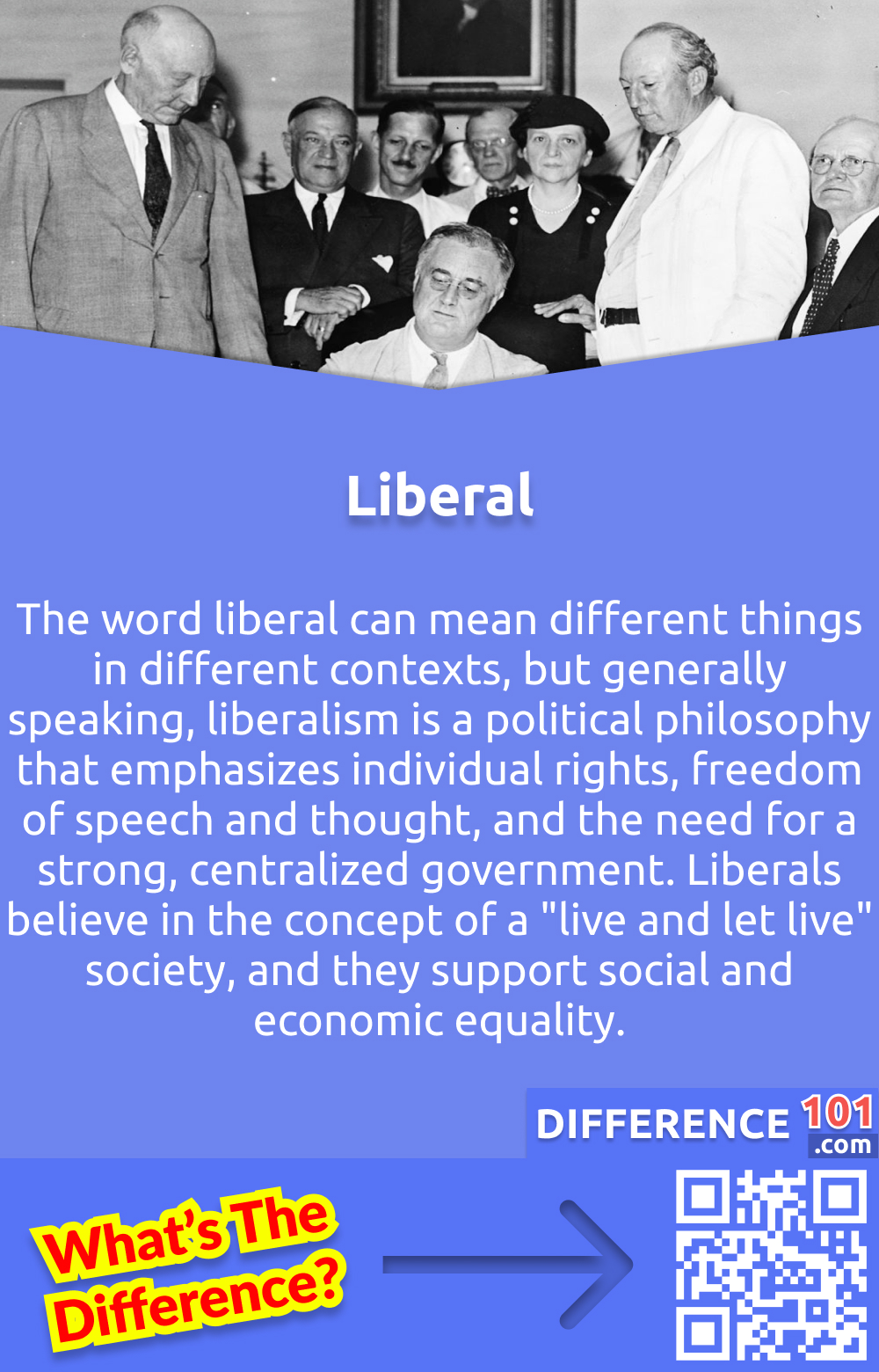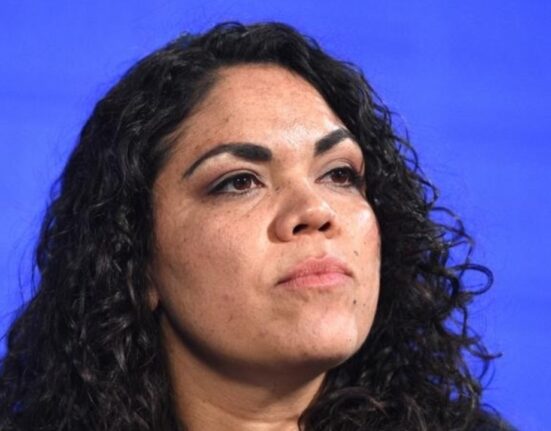Liberal Party senators, Jane Hume and Andrew Bragg, sparked controversy with their recent assertion that Australia has never taxed unrealised gains. This statement emerged during a debate over proposed alterations to superannuation tax laws put forth by the Labor Party. But is their claim accurate?
Delving into the history of taxation in Australia, experts have highlighted that taxes on unrealised gains do exist within the country’s financial framework. While Liberal Senator Bragg confidently made this declaration on Sky News in May 2025, it appears to contradict the reality of past and current tax regulations.
According to experts consulted by AAP FactCheck, various forms of taxes have indeed targeted unrealised gains over time.
For instance, states have implemented land taxes that encompass such profits. Additionally, there have been instances where the Commonwealth has also levied taxes on unrealised gains.
The crux of this issue lies in the proposed changes to superannuation tax laws by the Labor Party-led government under Anthony Albanese. The Coalition, represented by Liberal senators like Hume and Bragg, stands against these modifications which include raising taxes on super earnings for accounts exceeding $3 million – a category that includes unrealised gains as well.
This debate not only sheds light on the intricacies of tax policies but also underscores how differing political ideologies can influence financial decision-making processes at a national level.
In response to these assertions from Liberal Senators regarding Australia’s taxation history, it becomes evident that nuances exist within the realm of financial legislation. The interpretation and application of tax laws are subject to evolution over time based on prevailing economic conditions and governmental priorities.
As discussions around tax reforms continue to dominate political discourse in Australia, it is crucial for policymakers and citizens alike to possess a comprehensive understanding of historical precedents and existing frameworks governing fiscal matters. Expert insights serve as valuable resources in unpacking complex issues surrounding taxation and financial policy formulation.
The clash between opposing parties regarding unrealised gains taxation exemplifies broader debates concerning wealth distribution, economic justice, and governance principles. These conversations are essential for fostering informed decision-making processes that align with societal values and objectives.
In conclusion, while Liberal senators may assert certain claims about Australia’s taxation landscape, a closer examination reveals a more nuanced reality shaped by historical practices and contemporary legislative dynamics. As citizens engage with ongoing debates about tax policies, an appreciation for diverse perspectives can enrich dialogues aimed at shaping equitable and effective fiscal systems for all Australians.









Leave feedback about this